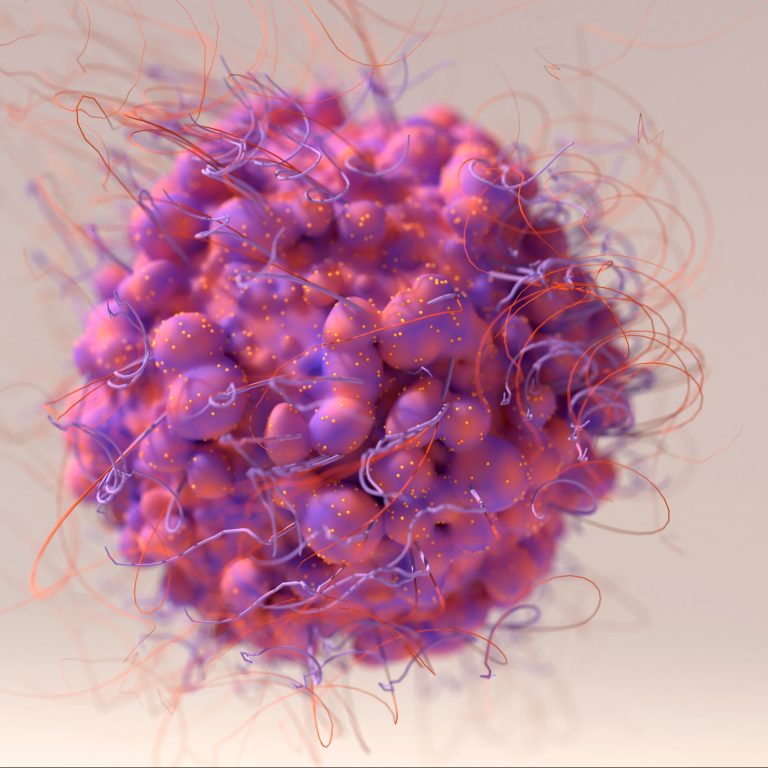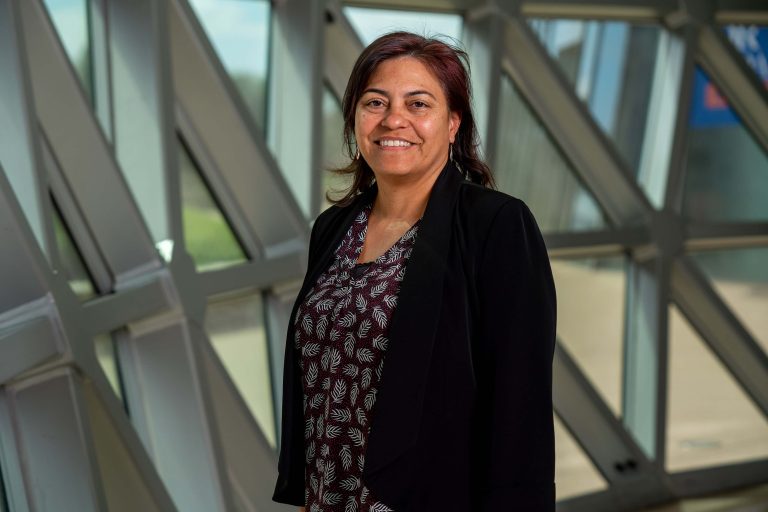Improving health outcomes, lowering future emergency department admissions
Medical research and innovation continue to pave the way for groundbreaking advancements in healthcare. These recent discoveries and studies hold the promise of improving lives and, ultimately, reducing emergency department admissions for conditions including cancer, diabetes and endometriosis.
Clinical trial targets metastasis: dissolving tumour cell clusters
A phase 1 trial in Zurich is exploring the ability of the heart treatment drug digoxin to help shut down metastasis. Sadly, more than 90% of people with cancer die when metastasis happens.
Until a few years ago, it was thought metastasis happened one cell at a time. However, research led by Dr Nicola Aceto is challenging conventional wisdom by highlighting the role of circulating tumour cell (CTC) clusters in driving metastasis.
These clusters, made up of multiple tumour cells, circulate in the bloodstream and contribute to the spread of cancer. Drugs like digoxin can dissociate these cells and dissolve the clusters, shutting down metastasis in preclinical models. Read more here.

Groundbreaking treatment reduces endometriosis pain

Doctors from The Alfred’s Interventional Radiology team in Melbourne have introduced a world-first procedure to treat endometriosis.
Using a pinhole technique that involves low dose x-rays and contrast dye, catheters are guided through arteries to the uterus. A medication is then administered to reduce the blood supply to problematic endometrial cells, causing them to become inactive and shrink.
The minimally invasive approach offers hope to the many women who suffer from endometriosis, a condition known for its debilitating pain. Learn more here.
Improving diabetes care for Aboriginal communities
Developing a culturally sensitive diabetes training program for Aboriginal health care workers is the aim of a new University of Adelaide project.
Led by Associate Professor Odette Pearson (pictured), the project is collaborating with Aboriginal Community Controlled and State Government primary health care services. Its objectives include co-designing a diabetes education program with these groups, delivering it in Aboriginal primary health care services across South Australia, and assessing its impact on the knowledge, confidence, skills, practice, and attitudes of health workers.
Currently, qualifications for Aboriginal health care workers do not include in-depth diabetes management training. Find updates on the project here.

Long-haul COVID symptoms fewer in vaccinated people
Getting a COVID-19 vaccine may not only reduce a person’s risk of getting long-haul COVID, but also could mean fewer symptoms for people who develop the condition.
Researchers at the Mayo Clinic have discovered that long-haul COVID patients who were vaccinated before contracting the virus were less likely to experience symptoms such as abdominal pain, chest pain, dizziness, and shortness of breath.
Watch the video here.

Could Grandpa’s dinner time rule be good for our future health?
Do you remember your granddad telling you to sit up straight? Whether he knew it or not, it turns out his advice could also be good for our long-term health.
The Great Posture, Great Health project at the Mayo Clinic is trialling how simple, yet powerful 15-miunute postural exercises, two to three times a week, can improve physical and mental wellbeing. Find out more here.

